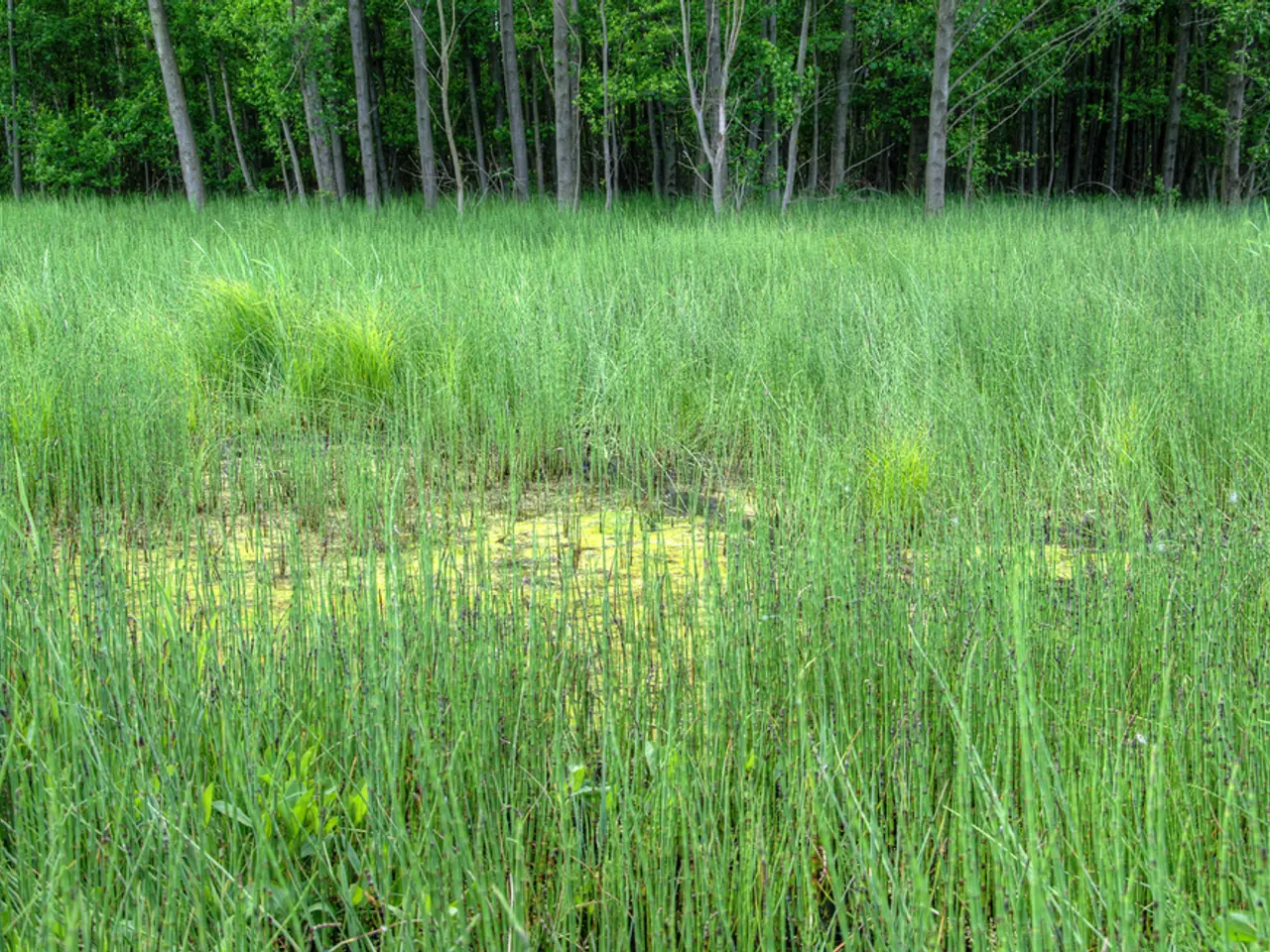Proposal for a Grant Focused on "Sustainable Agriculture for Young Farmers in the Context of Climate Change"
A new initiative, titled "Climate-Smart Agriculture for Youth Farmers," aims to bridge the gap between knowledge and practice, ensuring that young farmers can thrive in an increasingly unpredictable climate. The primary objective of this grant proposal is to equip youth farmers with the knowledge and skills necessary to implement climate-smart agriculture (CSA) practices in their communities.
The estimated total cost for the project is $50,000, with funds allocated for various activities. $15,000 is set aside for hiring experts to lead training sessions, while $10,000 is allocated for training materials, demonstrations, and educational resources. A further $10,000 is dedicated to website design, maintenance, and content creation for the resource hub, which will provide access to information, tools, and financial support for implementing CSA practices.
Mentorship opportunities will be facilitated by connecting experienced farmers with youth participants. This collaborative approach will allow for the sharing of practical knowledge and insights, helping to foster a supportive network among participants.
To measure the project's impact, pre- and post-training surveys, follow-up interviews, and key performance indicators (KPIs) will be used for data collection. A robust monitoring and evaluation plan will be implemented to track progress and assess the project's effectiveness.
Climate-smart agriculture (CSA) offers a promising approach that not only enhances productivity but also builds resilience against climate-related challenges. By adopting CSA practices, youth farmers can improve their farming techniques, reduce their carbon footprint, and increase their resilience to climate change.
Organizations that could support the project include the European Investment Bank (EIB), which finances agricultural innovation and climate action projects; networks like Climate Farm Demo, a pan-European initiative promoting climate-smart farming practices; and initiatives such as the Sustainable Agricultural Supply Chains Initiative (SASI), supporting sustainable transformation of agricultural value chains. Additionally, regional carbon credit programs like Klim can provide funding for regenerative agriculture projects, aiding youth-focused climate-smart agriculture efforts.
Community engagement events, such as field days, will be organized to raise awareness about the importance of climate-smart practices. $5,000 is allocated for organizing these activities, while another $5,000 is set aside for project management and reporting (administrative costs).
Many young farmers lack access to resources, training, and support systems that can help them implement climate-smart techniques. However, youth farmers are a vital demographic in the agricultural sector, often bringing innovation and energy to traditional farming practices. By investing in their education and empowerment, we can help ensure a sustainable and resilient agricultural sector for the future.
The proposed project will consist of several key activities, including workshops, a resource hub, mentorship opportunities, and community engagement events. By providing young farmers with the tools and support they need, we can help them adapt to the challenges of a changing climate and contribute to a more sustainable and resilient agricultural sector. The project aims to serve as a model for other regions seeking to engage young farmers in sustainable agriculture practices.
Read also:
- Exposure to Asbestos in the 9/11 Aftermath: 4 Methods to Validate Your Exposure
- Health enhancement for millions of Apple Watch users now unmissable, as stated by Apple
- Promoting Economical Transportation Options for the Elderly Community
- Intense Attention Deficit Hyperactivity Disorder: Signs, Drugs, and Remedies







